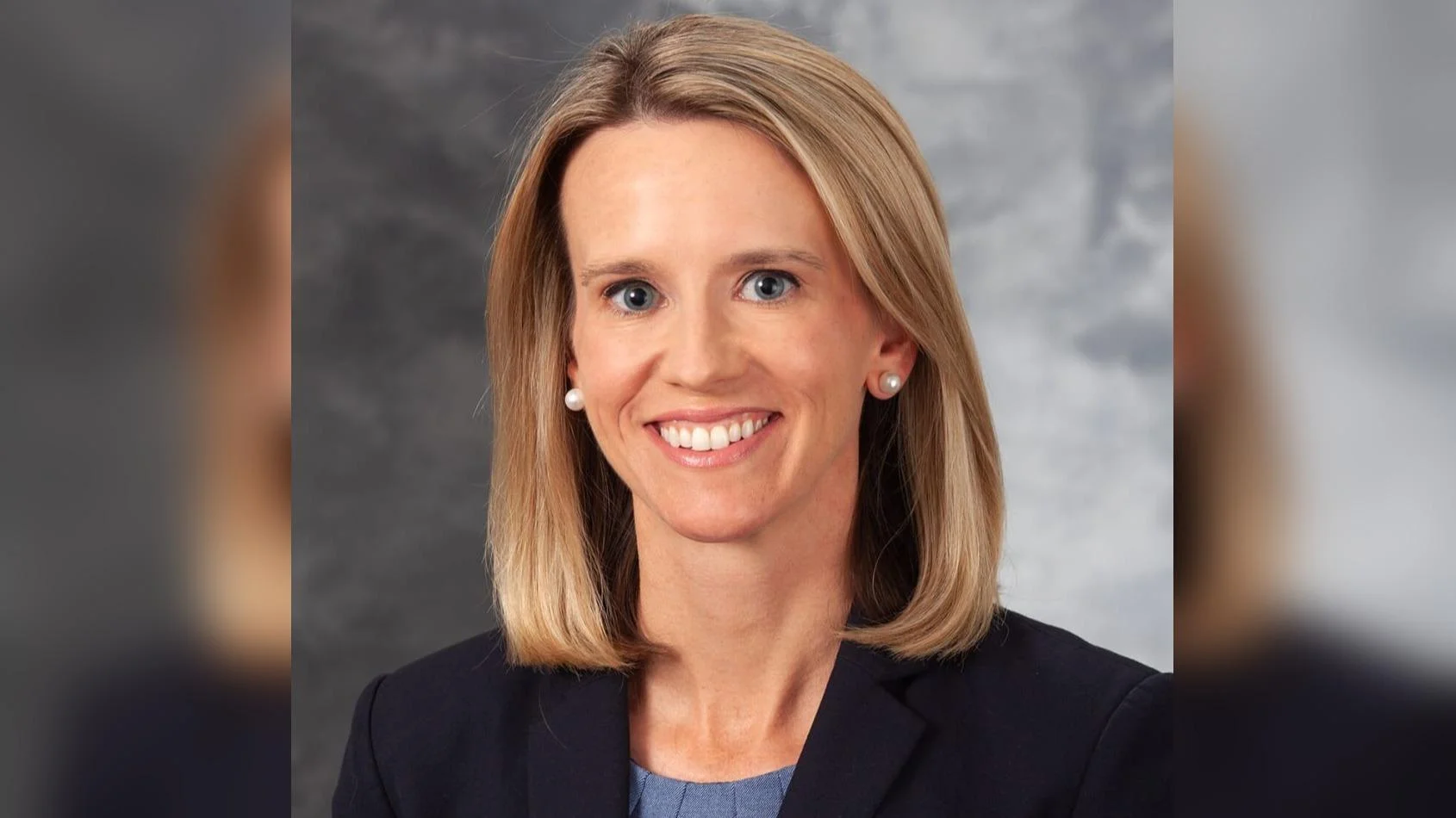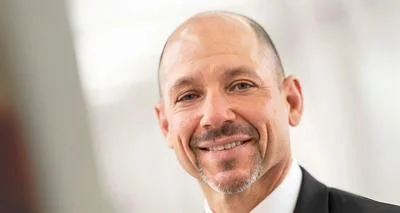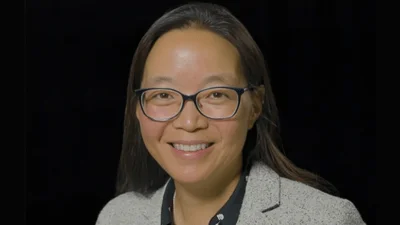Carey Gehl Senior Vice President, Chief Strategy Officer | U. of Wisconsin Hospital and Clinics
Carey Gehl Senior Vice President, Chief Strategy Officer | U. of Wisconsin Hospital and Clinics
Eric Hoffman, 58, experienced a life-altering moment in January 2022 when he visited the emergency room for what he thought was appendicitis. Instead, he received a diagnosis of stage IV colon cancer. "It was surreal," Hoffman recalled. Over the next three years, Hoffman underwent various treatments including chemotherapy, surgery, radiation, and ablation to address 24 tumor sites. As of August 2024, no new evidence of cancer has been detected.
Hoffman's medical oncologist at UW Health's Carbone Cancer Center, Dr. Noelle LoConte, emphasized the significance of research in developing new treatments for advanced colon cancer patients like Hoffman. "All of the treatments that Eric has gone through came from research at some point," she stated.
The importance of ongoing research is underscored by fundraising events such as Bowlin’ For Colons on March 2 at Ten Pin Alley in Fitchburg. Funds raised will support gastrointestinal cancer research at UW Health | Carbone Cancer Center.
After his initial diagnosis, scans revealed tumors in Hoffman's lungs, liver, and colon. He began chemotherapy followed by surgery to remove tumors from his liver and ascending colon. Ablation was also used to treat additional tumors during this period.
In July 2022, Hoffman was initially declared cancer-free but faced a recurrence two months later. Subsequent treatments included more ablation and radiation therapy for liver and lung tumors throughout 2023 and into early 2024.
By August 2024, Hoffman's scans showed no evidence of cancer—a status confirmed by a follow-up scan in December. "It feels really good," said Hoffman about receiving what he described as a second chance.
Dr. LoConte noted that colorectal cancer can sometimes be curatively treated even at metastatic stages with continuous monitoring through scans to ensure no new developments occur over five years post-treatment.
Research remains crucial for advancing treatment options for patients like Hoffman who might not have survived had they been diagnosed earlier due to less advanced therapies available then. "It's impossible to overstate the importance of research," LoConte remarked.
Carbone Cancer Center supports researchers focused on targeting unique features of gastrointestinal cancers and improving diagnostic methods—efforts funded partly through events like Bowlin’ For Colons which provide seed money necessary for larger grant applications.
The U.S. Preventive Services Task Force advises starting colorectal screenings at age 45 as regular screenings can detect early signs or precancerous polyps before symptoms appear—a recommendation echoed by Dr. LoConte: “The goal is to catch colon cancer early before it’s symptomatic.”






 Alerts Sign-up
Alerts Sign-up